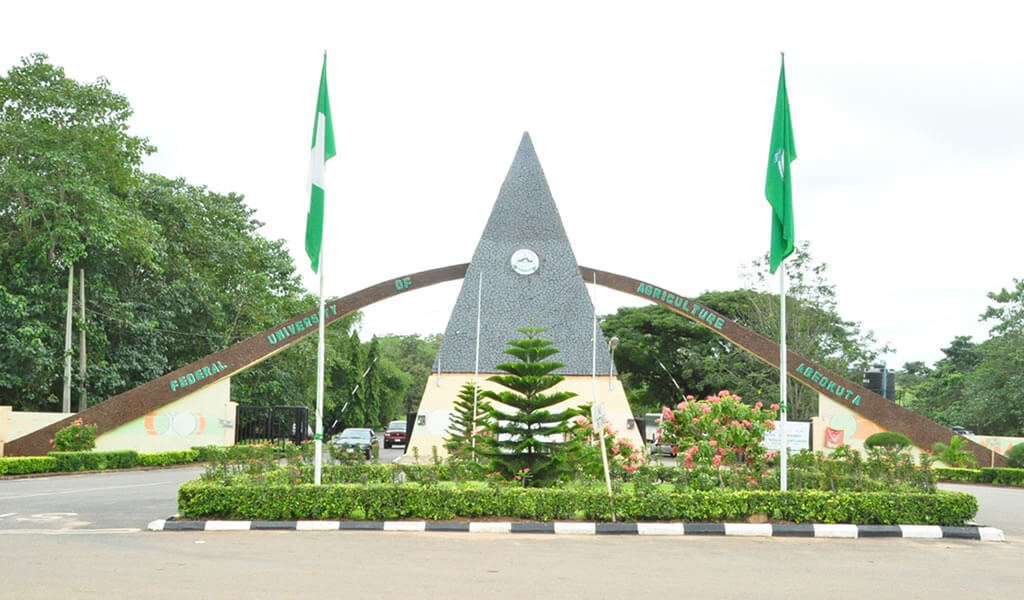CYBER SECURITY
PHILOSOPHY
To evolve a broad strategy for human resource development that encompasses educational, cultural, social and political development such that graduates can possess the unique cybersecurity ability to protect digital assets, guard critical infrastructure, and business ecosystem amongst others.
AIMS/OBJECTIVES
To build capacity and develop student with the technical knowledge and skills needed to monitor cyber security mechanisms to help ensure the protection of information technology assets from damage or unauthorized access.
The objectives of the programme are to:
a. provide graduates with broad and balanced foundational knowledge of cyber security;
b. equip graduates with the capacity to understand and analyse cyber security threats and risks for organizations;
c. develop graduates on basic skills that would enable them to detect and prevent cyber-fraud through implementing features and techniques to enhance the security of computer based systems;
d. equip graduates with the capacity to develop detective codes and supportive software agents to address cyber security threats;
e. equip graduates with digital forensic science techniques for the detection of cybercrimes;
f. equip graduates with knowledge of cryptography for privacy of information on computer systems;
g. prepare graduates for the purpose of self-employment and job placement in government and industries; and
h. develop graduates for professional practice and commitment to lifelong learning.
RATIONALE
The uniqueness of the cybersecurity programme is the introduction of big data analytics, cyber threat intelligence and cyber conflict, deep and dark web security, cyber threat hunting, monitors and controllers, artificial intelligence cyber defence application and surveillance in cyber defence operations. Cybersecurity skills are hard skills that are required in all jobs. The employability skills
are grouped into soft and hard skills along with technical and implementation skills.
Graduates of Cybersecurity will have:
a. soft skills of excellent presentation and communications skills, ability to clearly articulate complex cyber-concepts, and usage of active listening skills.
b. technical skills of understanding the architecture, administration, and management of operating systems, networking, and virtualisation software; usability of firewalls and network load balancers; software development concepts and software analytics skills; common programming languages; and obtaining cybersecurity certifications essential and prerequisite for employment.
c. implementation skills of cyber hunting, cyber intelligence, and cyber threat modelling; vulnerability assessment; identify the cybersecurity controls in place and how they are used; and use of the coding skills to write codes that automate cybersecurity tasks.
DATA SCIENCE
PHILOSOPHY
The philosophy of the programme is to produce graduates with requisite knowledge and skills to reveal hidden information and knowledge in mammoth data storage that can guide decision making and promote business values in every organisation.
AIMS/OBJECTIVES
The philosophy of the programme is to produce graduates with requisite knowledge and skills to reveal hidden information and knowledge in mammoth data storage that can guide decision making and promote business values in every organisation.
The objectives of the B.Sc. Data Science programme are to:
a. provide students with the requisite skills needed to analyse real life problems that
are computationally intensive and independently develop effective data-driven
solutions for them;
b. develop in students to be able to critically select and apply appropriate techniques
to extract relevant and important information from data;
c. provide students with the necessary training and competency in finding out
information from complex systems and other areas of data engineering, big data
and data analytics;
d. train students on integrating data-driven Information Technology solutions and
business processes to meet the information needs of businesses and other
organisations, enabling them to achieve their objectives in an effective, efficient
way.
RATIONALE
This curriculum uniquely features an inclusion and emphasis on more hands-on practical and relevant skills in the areas of data analytics, machine learning, artificial intelligence, and deep learning thereby nurturing a progressive transition from knowledge-based learning to competency-based learning across all levels of study, in recognition of the changing dynamics of computing in the age of digitalisation.
This course is designed to empower graduates with the most relevant skills required for productive employment in the 21st century, particularly in the areas of problem solving; teamwork and collaboration; research; digital literacy; creativity; critical thinking; communication and presentation skills; information literacy and analysis; media literacy; and responsible digital citizenship.


